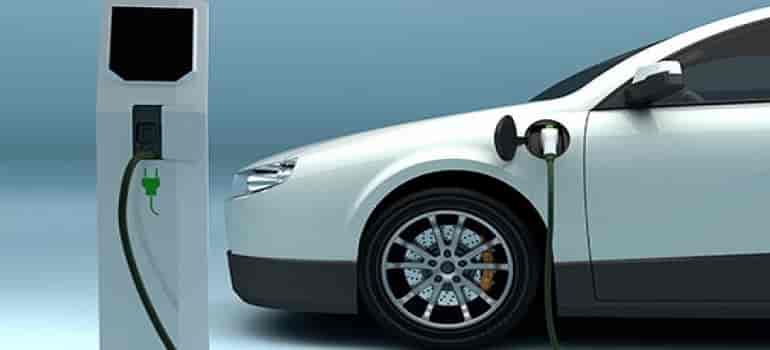This Week’s EV News wrap includes Kia EV 6, Statiq charging station, Tesla Model S Plaid launch, India needs 400k charging stations by 2026 and Ather CEO’s view on raised subsidies.
Kia EV6 sold out like hot cakes in US, buyers opt for home charger over other options
Kia exhausted its first lot of EV6 electric SUV within a few hours after the carmaker opened bookings for its latest electric vehicle in the US. The First Edition of the Kia EV6, which included just 1,500 units of the electric SUV, was completely booked in a few hours. The company offered three free takeaways to customers who booked the new Kia EV6 ,these included an at-home vehicle charger, a 1000 kWh credit within a national charging network, or an Apple Watch for connecting to the EV6’s suite of Kia Connect services. According to the carmaker more than 80 per cent customers chose to take home the EV charging unit.
Statiq Inaugurates New Electric Vehicle Charging Station on NH48 at Behror, Rajasthan
Statiq inaugurated a new Electric Vehicle Charging Station at Hotel Highway Xpress Delhi Side, Behror, Rajasthan, NH48 on 13th May 2021. This charging station is equipped with 1 DC Fast Charger powered by 50 KW.
Tesla Model S Plaid unleashed, CEO Elon Musk touts it as world’s fastest
Tesla has unleashed the all new Model S Plaid in the US during an event at the electric vehicle manufacturer’s Fremont facility in California. The company touts it as the fastest car in the world. Tesla Model S Plaid has been launched at a price of 129,990 dollars. Tesla Model S Plaid packs 1,020 horsepower, that helps in pickup time of 0-to-60-mph in less than 2 seconds. “It is faster than a Porsche, safer than a Volvo,”this is how Elon Musk decided to put it during the event.
Demonetization moment for the electric vehicle industry says Ather CEO on raised subsidy on electric vehicles
The Department of Heavy Industries recently doubled the maximum subsidy extended to electric two-wheelers buyers under the FAME scheme, which according to manufacturers will act as propellant for adoption of these vehicles in India. The subsidy per electric two-wheeler, which is linked to the battery size, was increased from Rs 10,000 per kilowatt hour to Rs 15,000. Meanwhile, the maximum available subsidy cap was raised from 20% of the price of the vehicle to 40%. Under FAME 2, the government also announced that Energy Efficiency Services Limited will aggregate demand for 300,000 electric three-wheelers and an unspecified number of electric buses. Tarun Mehta, co-founder and chief executive of Ather Energy tweeted “…demonetization moment for the electric vehicle industry.” According to Mehta, increased subsidies will significantly speed up electrification in India. Speaking to economic times he said Just like how demonetisation overnight gave a boost to the fintech industry, this will boost the electric vehicle industry.
India will need 400k charging stations for two million electric vehicles by 2026 says a report
India needs about 400,000 charging stations to meet the requirement for two million Electric Vehicles that could potentially ply on its roads by 2026, said a report on Saturday. The Grant Thornton Bharat-Ficci report said, for India to reach its vision of 100 per cent EVs by 2030, factors such as increasing government support, decreasing cost of technology, and distressing pollution levels would be key to accelerate this transition.


